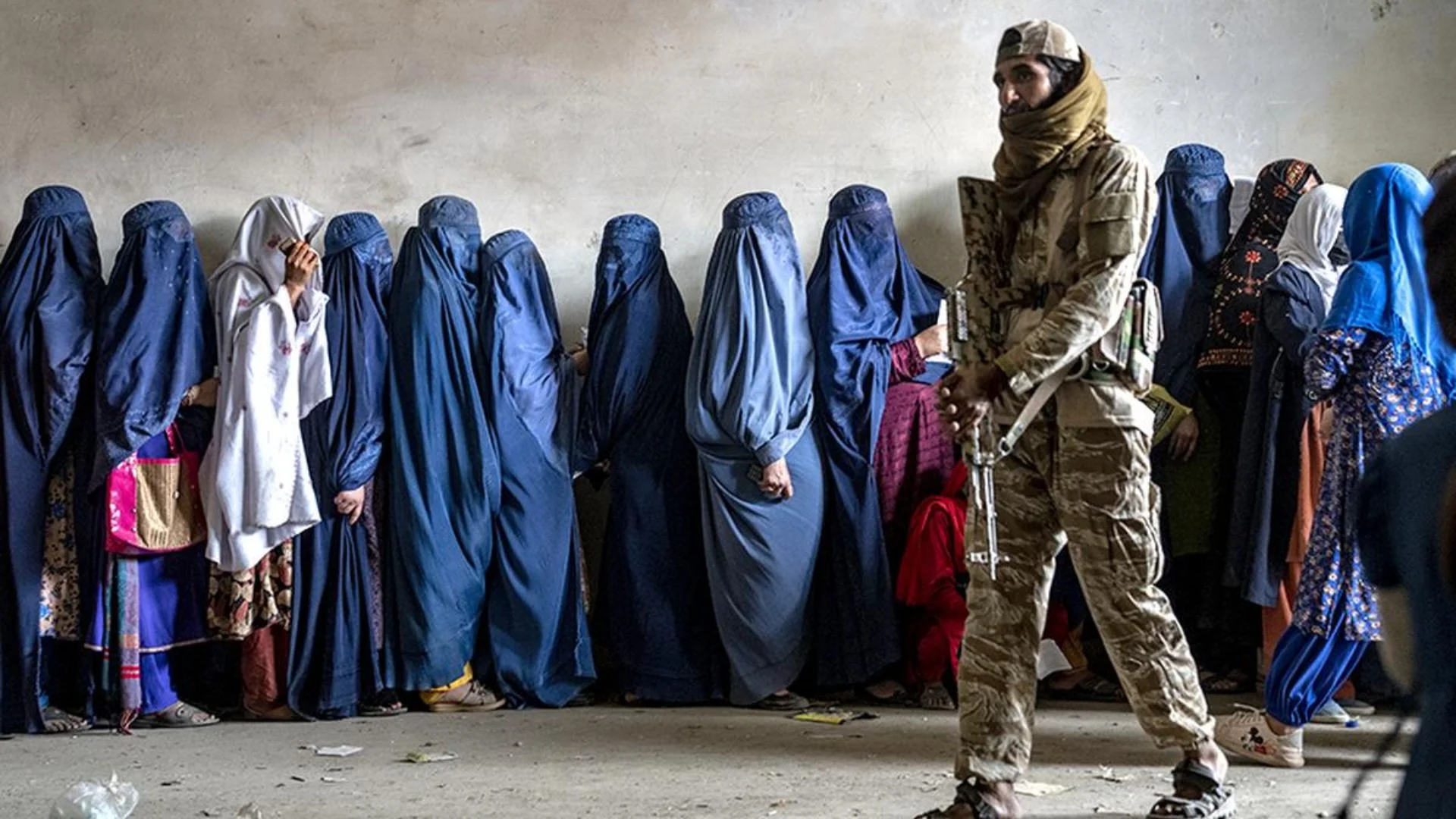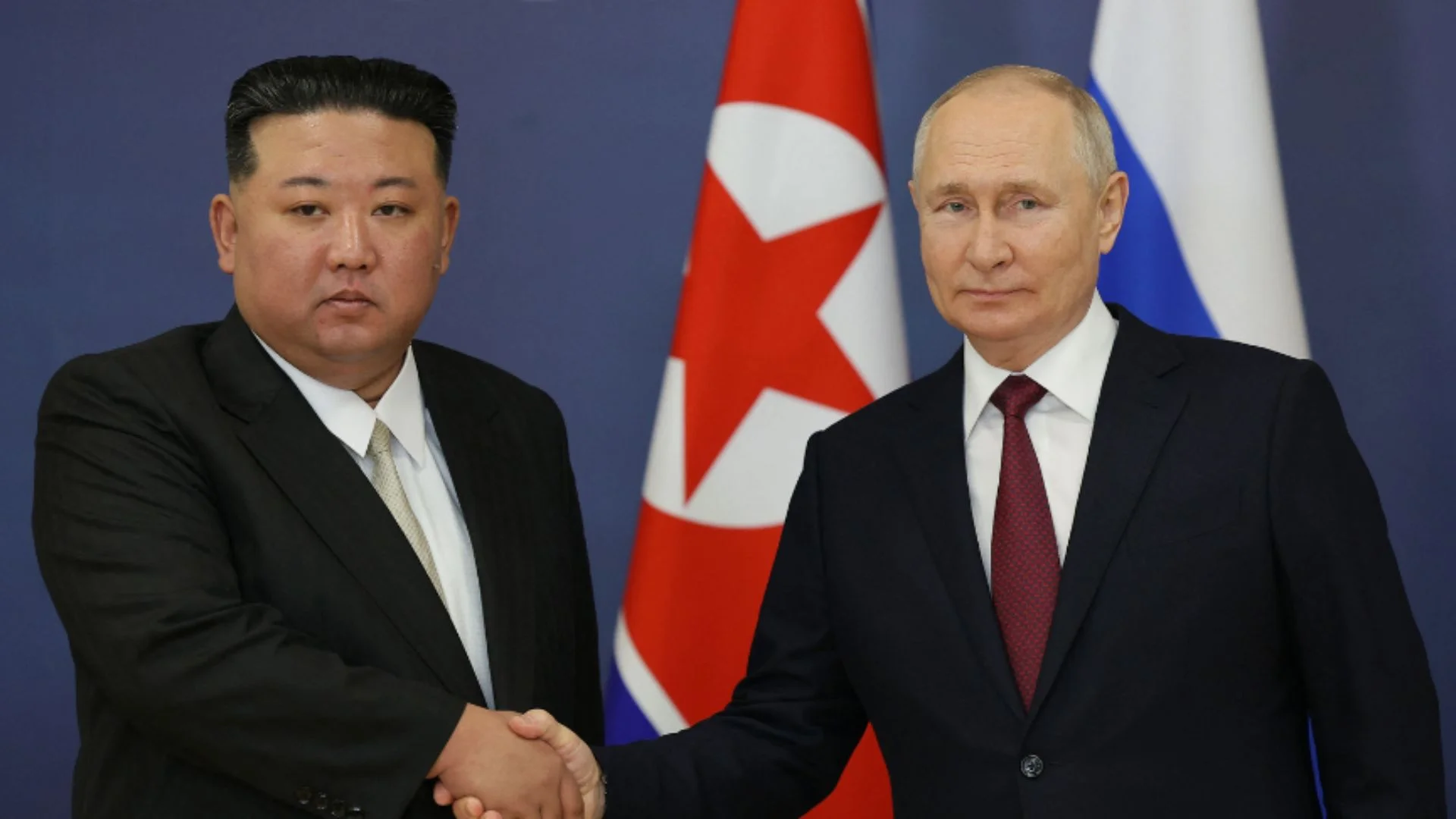Taliban Stands Firm on New Law Despite International Criticism
The Taliban government has reiterated its commitment to engaging with the international community despite growing concerns over a recently enacted morality law that has sparked tensions over women’s rights in Afghanistan. The law mandates that women fully cover themselves and refrain from raising their voices in public, which has drawn warnings from the United Nations (UN) and the European Union (EU) about the potential damage to Afghanistan’s international relations.
UN and EU Voice Concerns Over Women’s Rights
Both the UN and the EU have expressed serious concerns that the new law could hinder Afghanistan’s chances of building productive relationships with foreign nations and international organizations. In response, Taliban Deputy Government Spokesman Hamdullah Fitrat emphasized the authorities’ dedication to maintaining positive interactions with other countries and organizations in line with Islamic law. “Interaction is the only way to solve problems and expand relations,” Fitrat stated in a voice message to journalists on Saturday, urging for constructive engagement with the Taliban government.
Ongoing Diplomatic Relations Despite New Law
Since the Taliban’s takeover in 2021, no country has officially recognized their government, although the regime has made some diplomatic strides, including participating in UN-hosted talks on Afghanistan in Qatar. The UN has assured continued engagement with the Taliban, with UN Secretary-General Antonio Guterres’ spokesperson, Stephane Dujarric, affirming that the UN will keep working with all Afghan stakeholders while upholding human rights and equality. Dujarric also encouraged the Taliban to facilitate more diplomatic engagement.
Taliban’s Morality Ministry Cuts Ties with UNAMA
Tensions escalated on Friday when the Taliban’s morality ministry announced it would no longer cooperate with the UN Assistance Mission in Afghanistan (UNAMA) following its criticism of the “Law on the Promotion of Virtue and the Prevention of Vice.” The law, which strictly regulates the behavior and dress of both men and women, has alarmed many Afghans, human rights groups, and international bodies. The law prohibits women from leaving their homes unless absolutely necessary and from raising their voices in public, while also granting morality police the authority to warn and detain those who fail to comply.
Global Backlash and Taliban’s Stance
UNAMA’s head, Roza Otunbayeva, described the law as offering “a distressing vision for Afghanistan’s future,” warning that it could jeopardize international cooperation with the country, a sentiment echoed by the EU. Despite this backlash, the Taliban government has consistently dismissed international criticism, with Chief Government Spokesman Zabihullah Mujahid asserting that the law is deeply rooted in Islamic teachings and should be respected. Mujahid condemned the rejection of the law as a display of “arrogance.”









